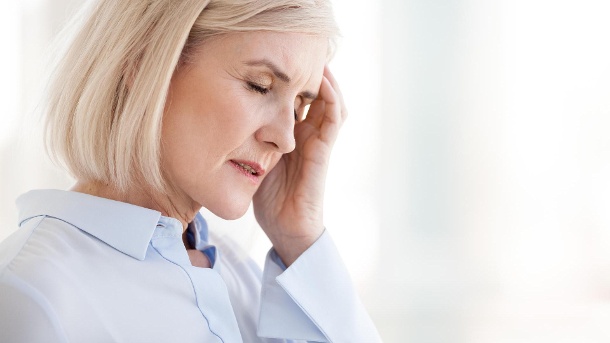
Millions of women around the world are anxious about menopause onset – largely due to ignorance of this matter.
Menopause is the last menstruation in a woman’s life. If menstruation does not resume during the year, then, they are already talking about the onset of postmenopause. Climacteric changes are a natural process in the body of every woman. It is the completion of the menstrual cycle and the childbearing period. It occurs when the ovaries stop producing progesterone and estrogen – hormones responsible for reproduction. Check out estrovive reviews.
Age factor and menopause
It is customary to separate the provoked and natural menopausal periods. In the first case, the ovaries cease to function due to external interference (for example, operative, when the ovaries were removed), in the second, the age factor is of decisive importance.
The period of natural menopause a woman enters on average upon reaching 50-51 years. But, for some menopausal women, the change occurs much earlier – at 35 years old, or later – at 60. If the last menstruation occurs in the interval from 40 to 44 years, then it is early menopause, and if at 38-40 years, it’s premature. The age at which menopausal changes begin depends on a number of factors, but genetics is one of the determining ones.
Signs and symptoms of menopause
The first symptom of menopause is the complete absence of menstruation throughout the year. But the climacteric period does not occur immediately. It is preceded by a period when menstruation is becoming increasingly rare. In most women, this happens after 45 years. In most cases, a decrease in estrogen and progesterone in menopausal women blood causes a number of negative reactions, such as:
- mood swings;
- decreased libido (sexual desire);
- hot flashes;
- increased sweating;
- tachycardia (heart palpitations);
- headache;
- dryness in the vagina (which is especially noticeable during intercourse, as it is accompanied by pain);
- insomnia;
- dry skin and increased fragility of nails;
- osteoporosis (brittle bones).
Menopause coach
Undoubtedly, the physiological and hormonal changes associated with menopause are important to consider and organize the necessary support for the body and soul during this period. Signs and symptoms of menopause are not a sentence, which means undoubted old age and curtailment of a woman’s social activity.
Menopause coach assistance in this period is aimed at updating the personal resources of women and understanding the registry of her social roles. In this case, despite the loss of childbearing function, menopausal women are able to actualize various aspects of her own femininity, acquiring female wisdom, manifesting herself not only as a mother but also as a specialist, person, etc. At its core, menopause coach organizes awareness of the possibilities of female self-realization. As part of the consultation, several urgent tasks are set and solved:
- creating and filling the image of the “new femininity”. A peculiar initiation of the image of a mature woman who has her own advantages, and the specifics of self-awareness and self-perception;
- correlation of the reproductive principle with the entire femininity aspect and social roles with the subsequent integration of these ideas into a new image of menopausal women.